In the interview, Viktor Orban also discussed the Trump-Zelensky dispute, the issue of war and peace, and how 2025 will be a breakthrough year with the launch of Europe’s largest tax reduction program.
These two things are strongly connected—how we will live this year and in the coming years, and how world politics and the fate of the war will unfold. We are not just spectators in this; we are directly affected. What happened yesterday was bad news,
Mr Orban commented on the meeting between Donald Trump and Volodymyr Zelensky.
This is about the future—Hungary’s and Europe’s future, as well as European and Hungarian peace. I see the world being surprised that the American president is only doing what he promised. The world is shocked because he is taking steps that no one expected, even though he announced them in advance. This includes his approach to peace—he said he would do everything in his power to achieve it,
Orban said, adding that Trump is taking action, while Ukraine’s president either does not want peace or does not accept the peace proposal offered by the U.S., even though Ukraine is completely exhausted.
Ukraine Is on Life Support
“There are countless orphans and widows, an enormous amount of destruction, and millions have fled. Ukraine is essentially on life support,” the prime minister said, also noting
Europeans want to continue the war. There are only two countries in Europe that want peace—the Vatican and Hungary. Now, with the U.S. joining us, we are in the majority and stronger. But so far, war supporters have been the majority in the Western world, and in Brussels, they still are.
He also stressed that peace is essential for Hungary—not only from a Christian perspective but also from an economic one. If there is no peace, Hungary will not be successful in 2025 and 2026.
If there is peace—and I see that it is very close—or even if the war does not end immediately, we can at least ensure that the risk of it spreading to Europe is reduced to nearly zero. In that case, we will finally have a free hand and can work and live in Hungary with optimism, without the shadow of war weighing down on us,
PM Orban emphasized.
The government’s fundamental plan is to support families. Inflation and the last three difficult war years have hit families—especially those raising children—the hardest. Now that economic growth is returning, we have put together a 21-point economic program, which will generate the revenue needed to double tax benefits to those with children. This is no small feat. Families with two children will receive tax benefits of around 80,000 forints (about 200 euros), while those with three children will receive around 200,000 forints (about 500 euros). This is already written into law, so it will certainly happen,
the prime minister said.
Beyond that, starting this year, mothers with three children will receive lifelong income tax exemption. Beginning next year, mothers under 40 with two children will receive the same benefit. In 2027, this will be extended to mothers under 50, and later to those under 60. Eventually, within four years, all Hungarian mothers who have at least two children will be exempt from paying personal income tax,
he said, calling it a unique world-class achievement.
With this program, a Hungarian mother may never have to pay personal income tax in her life.
He also noted that mothers under 30 who have at least one child are already exempt from paying income tax.
This means that girls and young women who will one day become mothers will be able to live their entire lives in Hungary without ever paying a single forint in personal income tax. And that is how it should be. They are taking on an immense responsibility—having children, raising them, shaping them into good people, and worrying about them throughout their lives. It is a significant burden, even if it is also a joyful one,
Viktor Orban said, adding that the greatest contribution a woman can make to the country and society is embracing the family-oriented way of life.
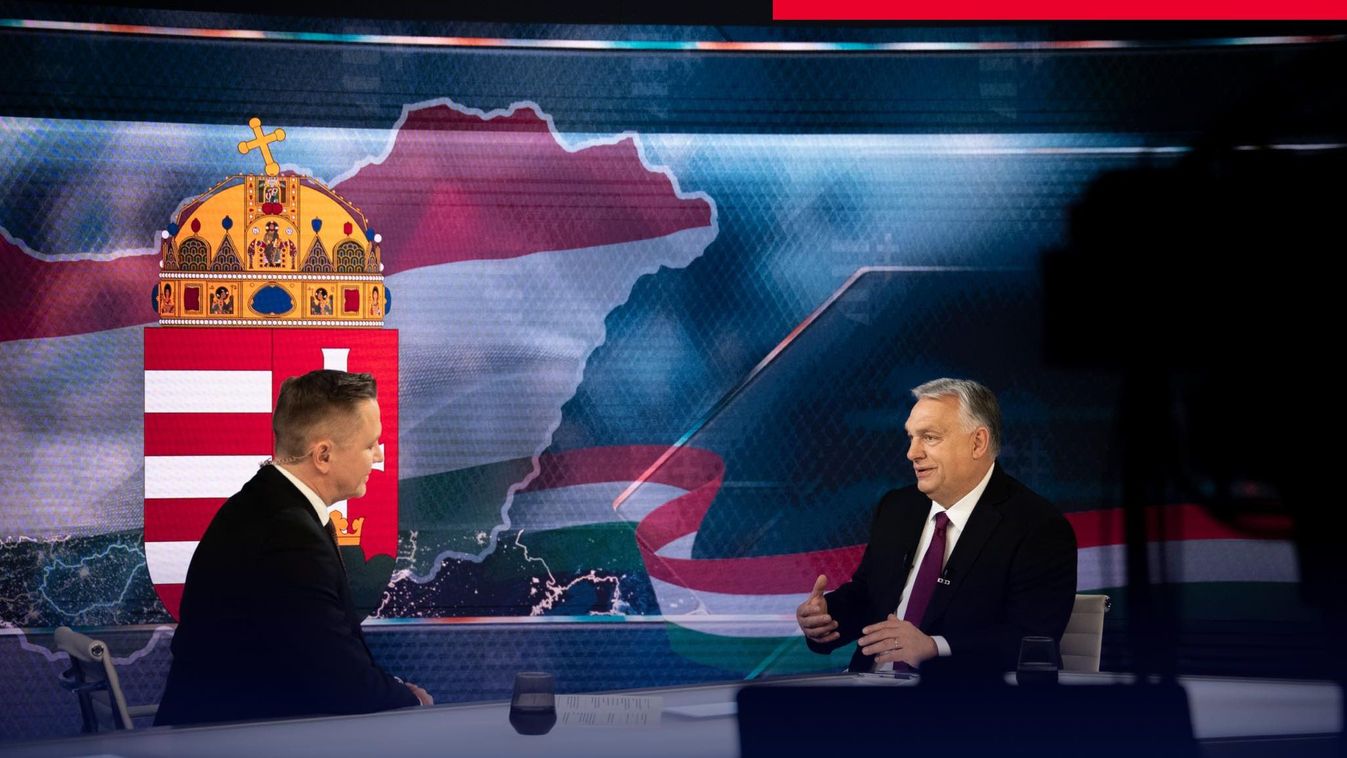

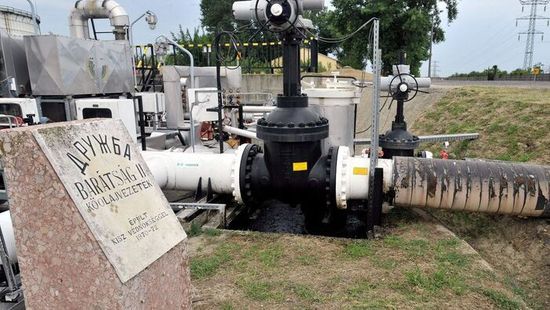

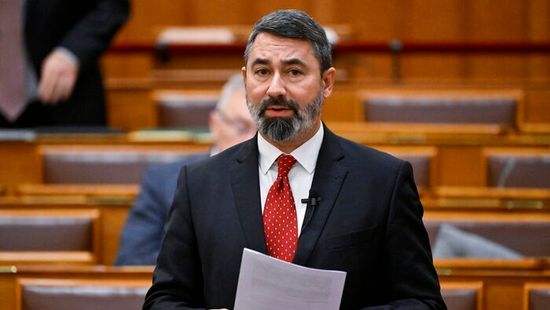
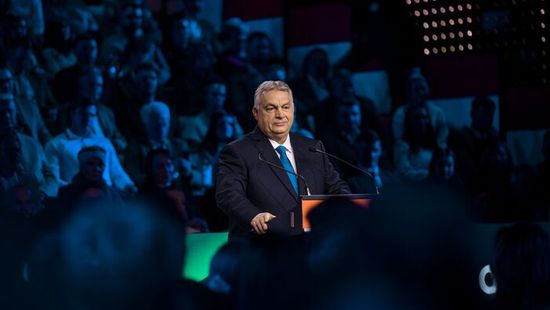

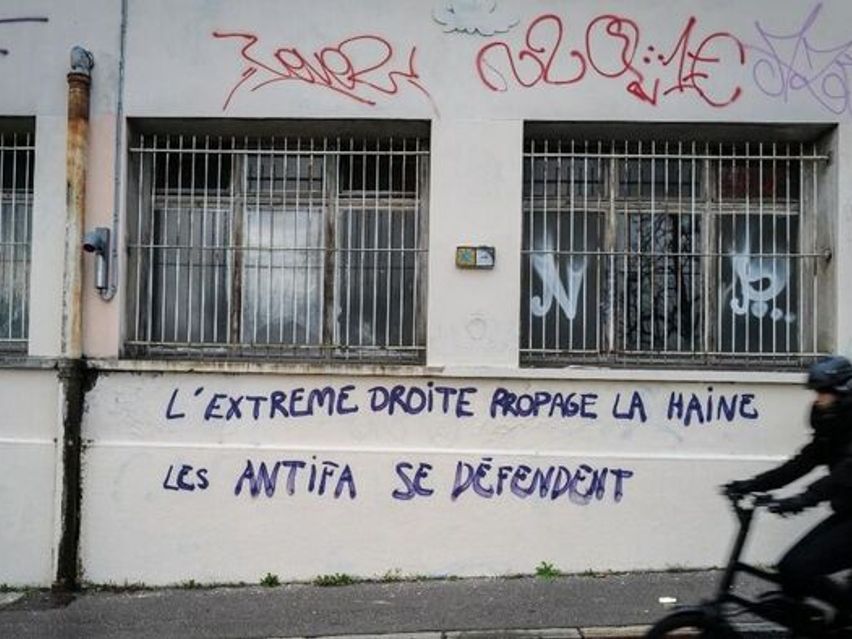
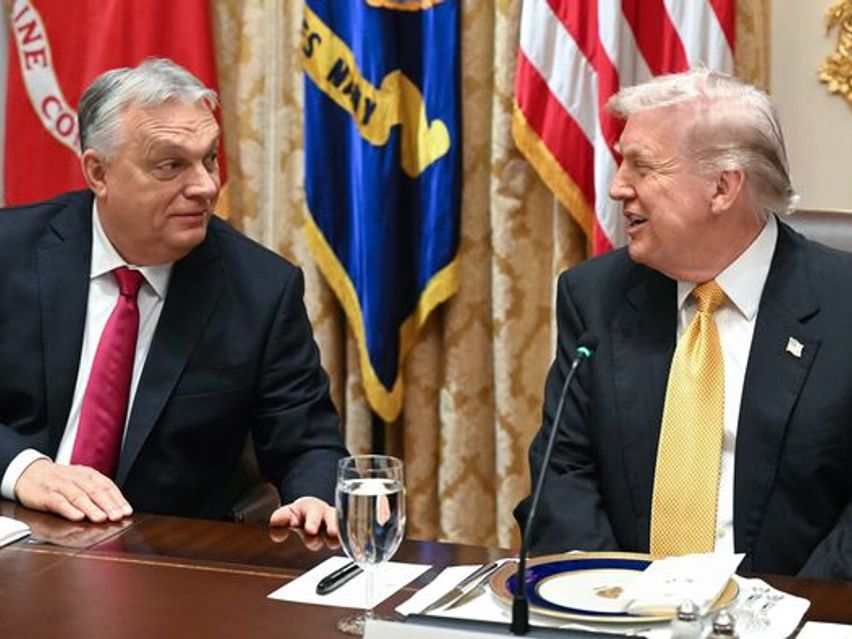
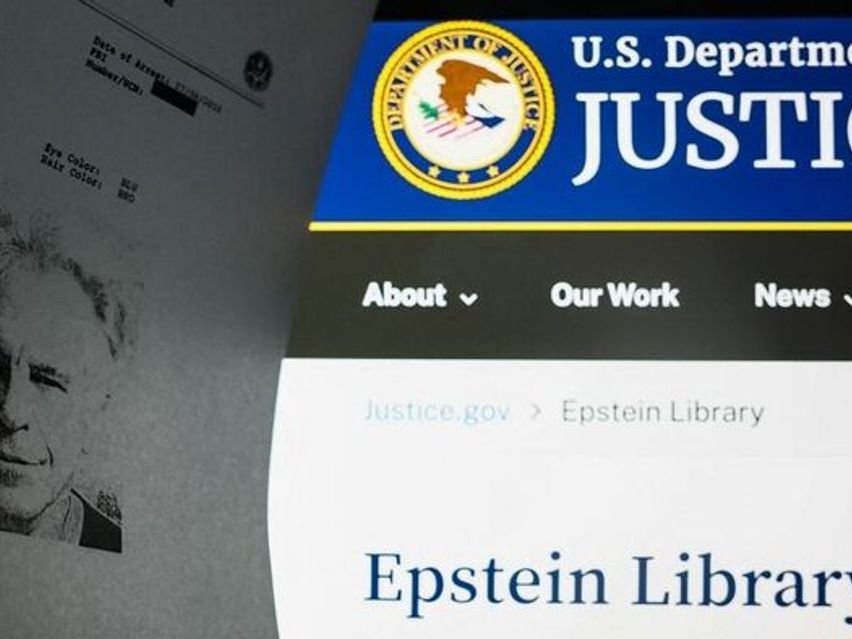





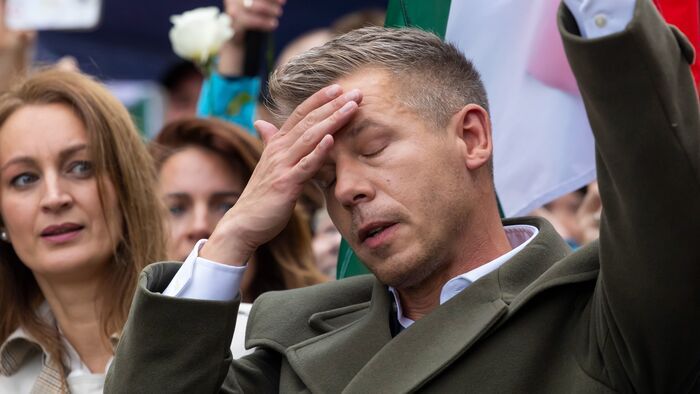
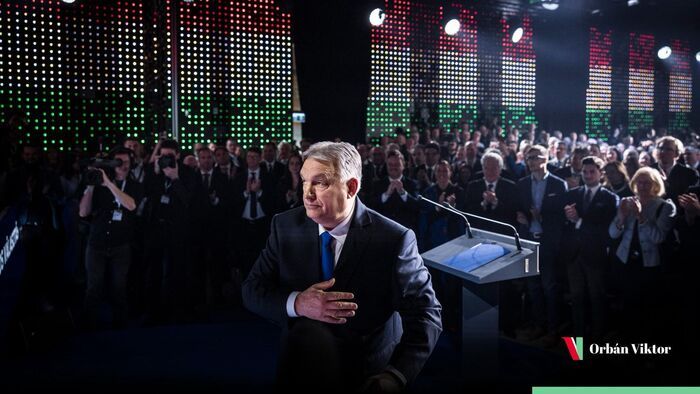

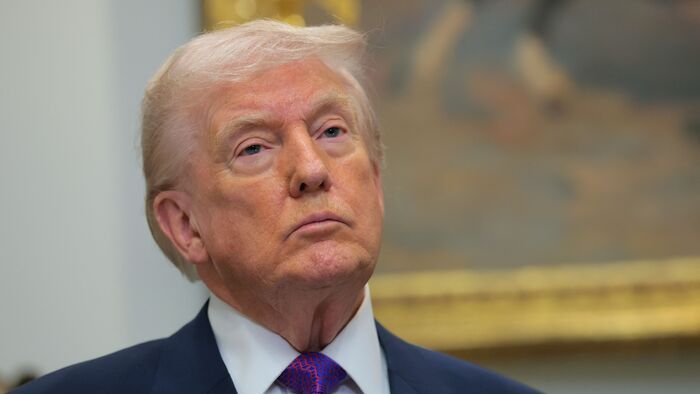





Szóljon hozzá!
Jelenleg csak a hozzászólások egy kis részét látja. Hozzászóláshoz és a további kommentek megtekintéséhez lépjen be, vagy regisztráljon!